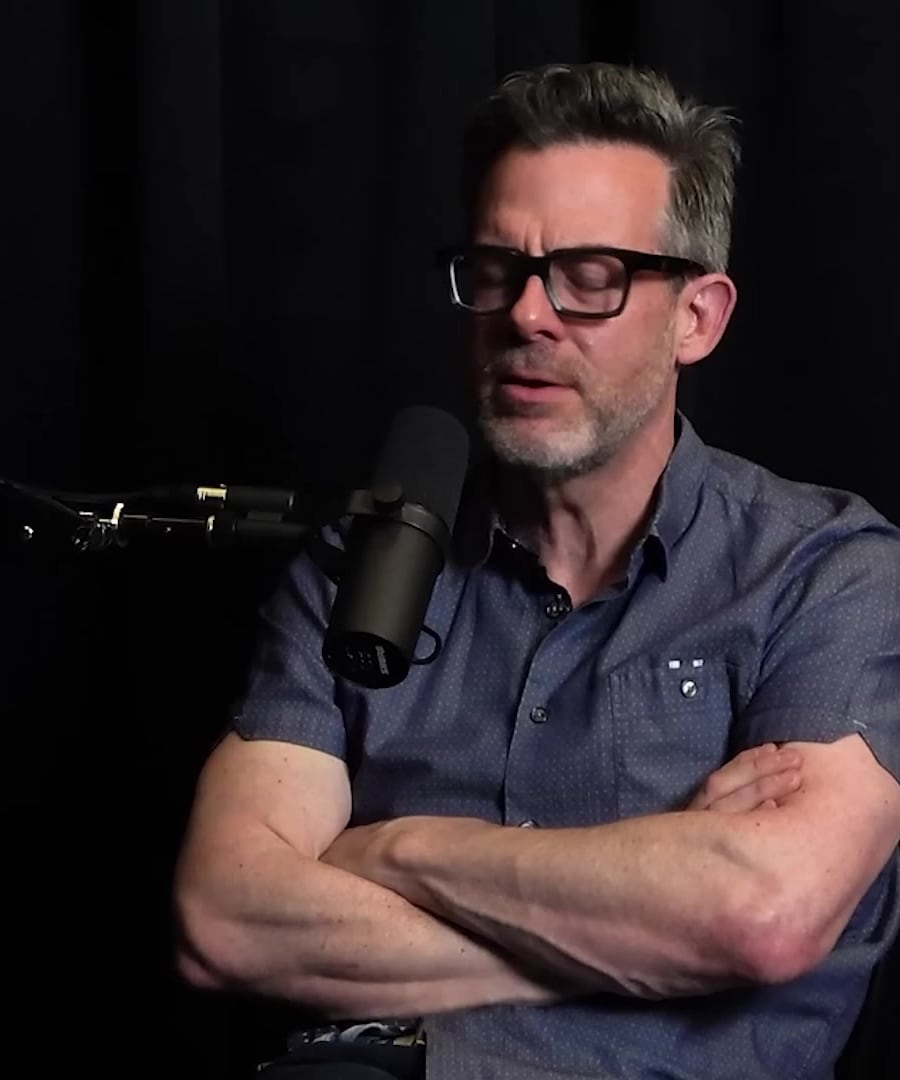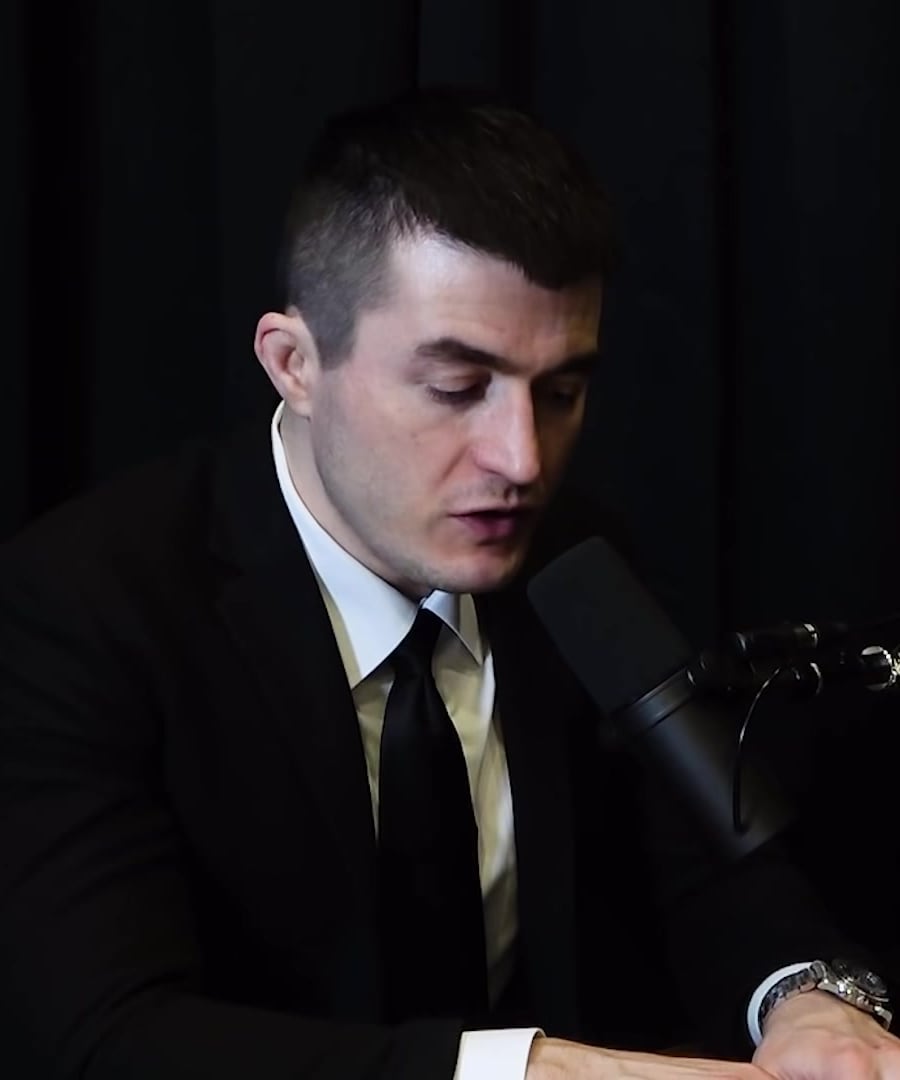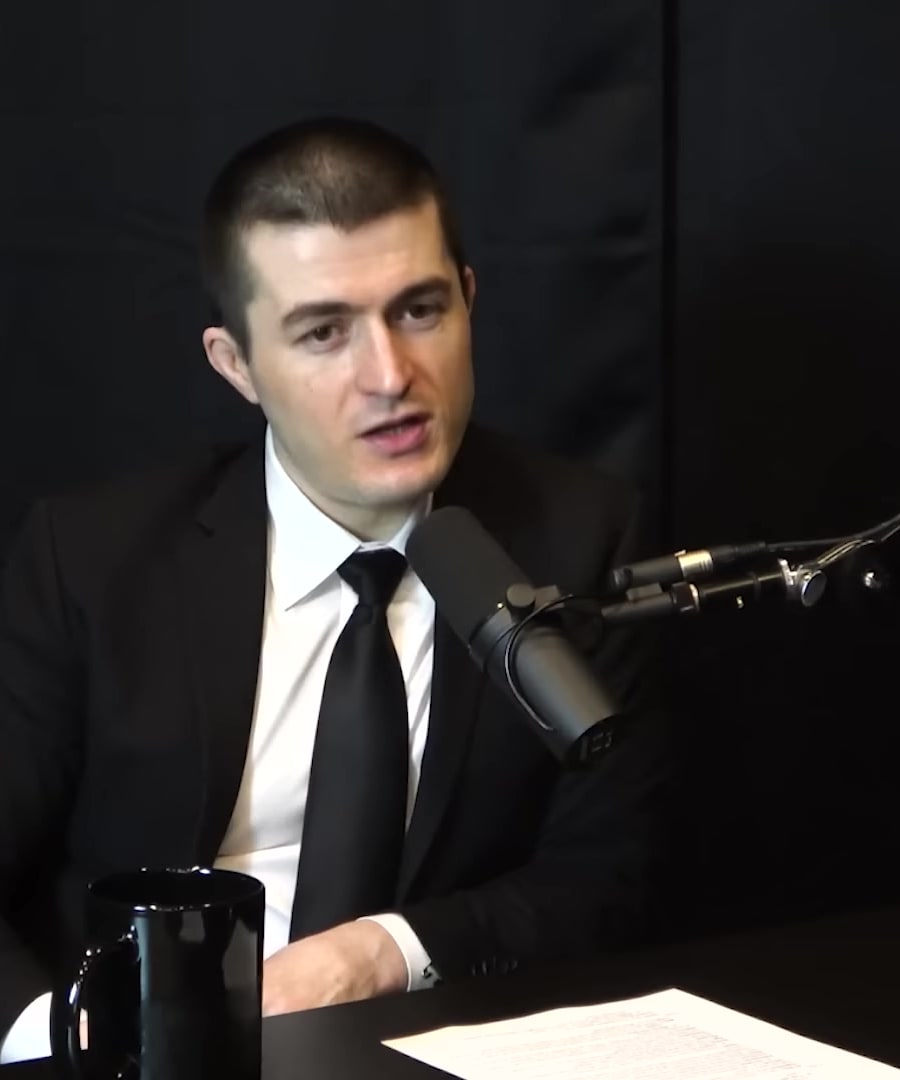Trial and error
Sources:
Lex Fridman discusses the concept of trial and error in various contexts across multiple episodes. Here are some key insights:
-
In Political Systems: Yoram Hazony speaks about political systems and the history of trial and error in building governance structures. He discusses the dangers of extensive experimentation in politics due to its high human cost, suggesting instead that we should learn from history and focus on systems that ensure individual freedom 1.
-
In Personal Career Paths: Chris Blattman shares his personal journey through different careers, ultimately finding fulfillment through trial and error. He points out the importance of trying new career options until finding the right fit, highlighting that it’s normal not to perfect it immediately 2.
-
In Criminal Activities: Brett Johnson, a former cybercriminal, talks about his approach to developing new schemes which heavily relied on trial and error. He details the process of continuously refining criminal methods to avoid detection 3.
-
In Scientific and Martial Arts Development: The development of techniques in both scientific research and martial arts, as discussed by John Danaher, often relies on trial and error. Danaher highlights that growth and improvements are akin to nurturing a child, requiring gradual enhancement from minimal resistance 4.
Each of these examples showcases different applications of the trial and error method, whether in political ideologies, personal growth, unlawful activities, or structured practices like science and martial arts.
RELATED QUESTIONS-



